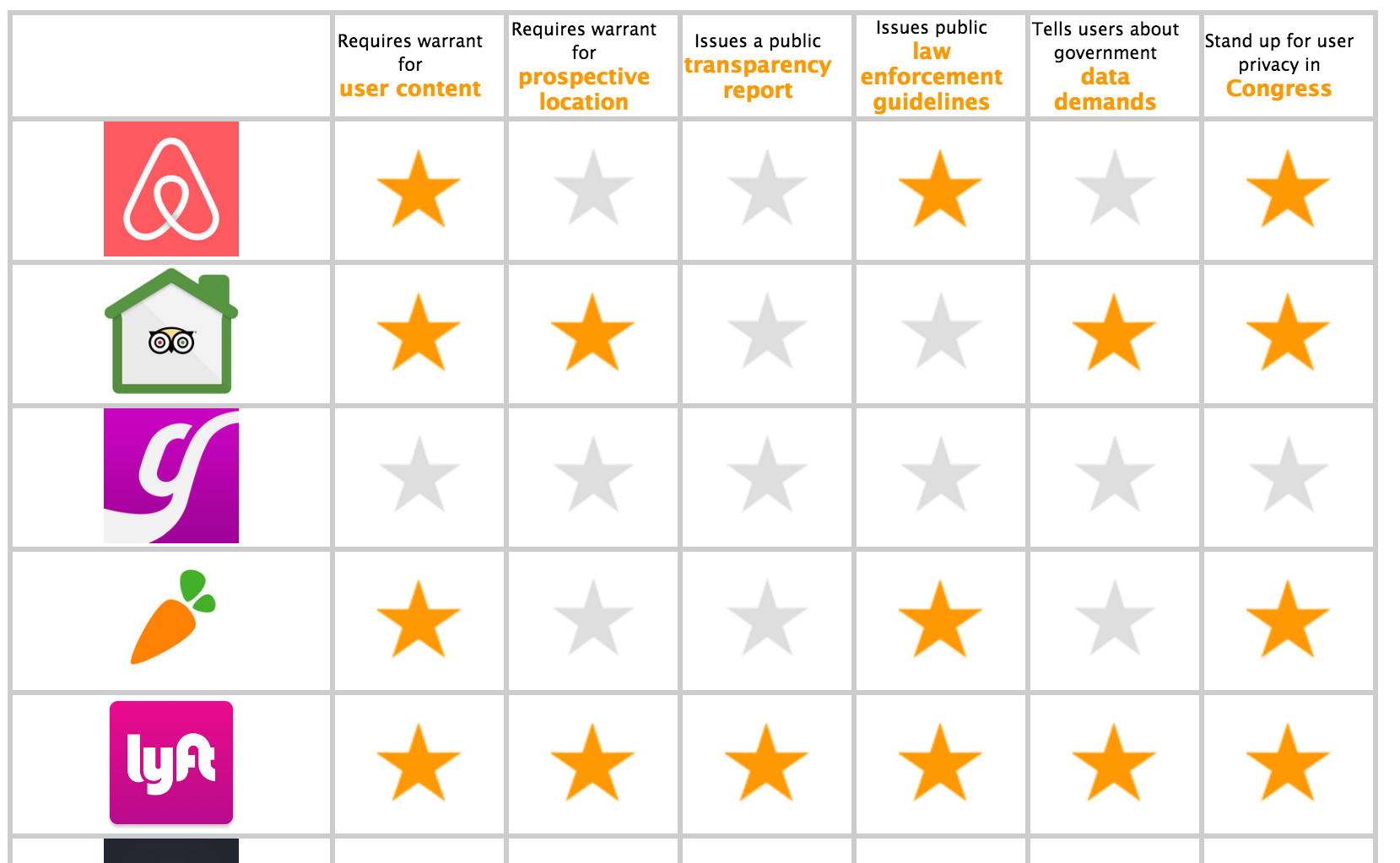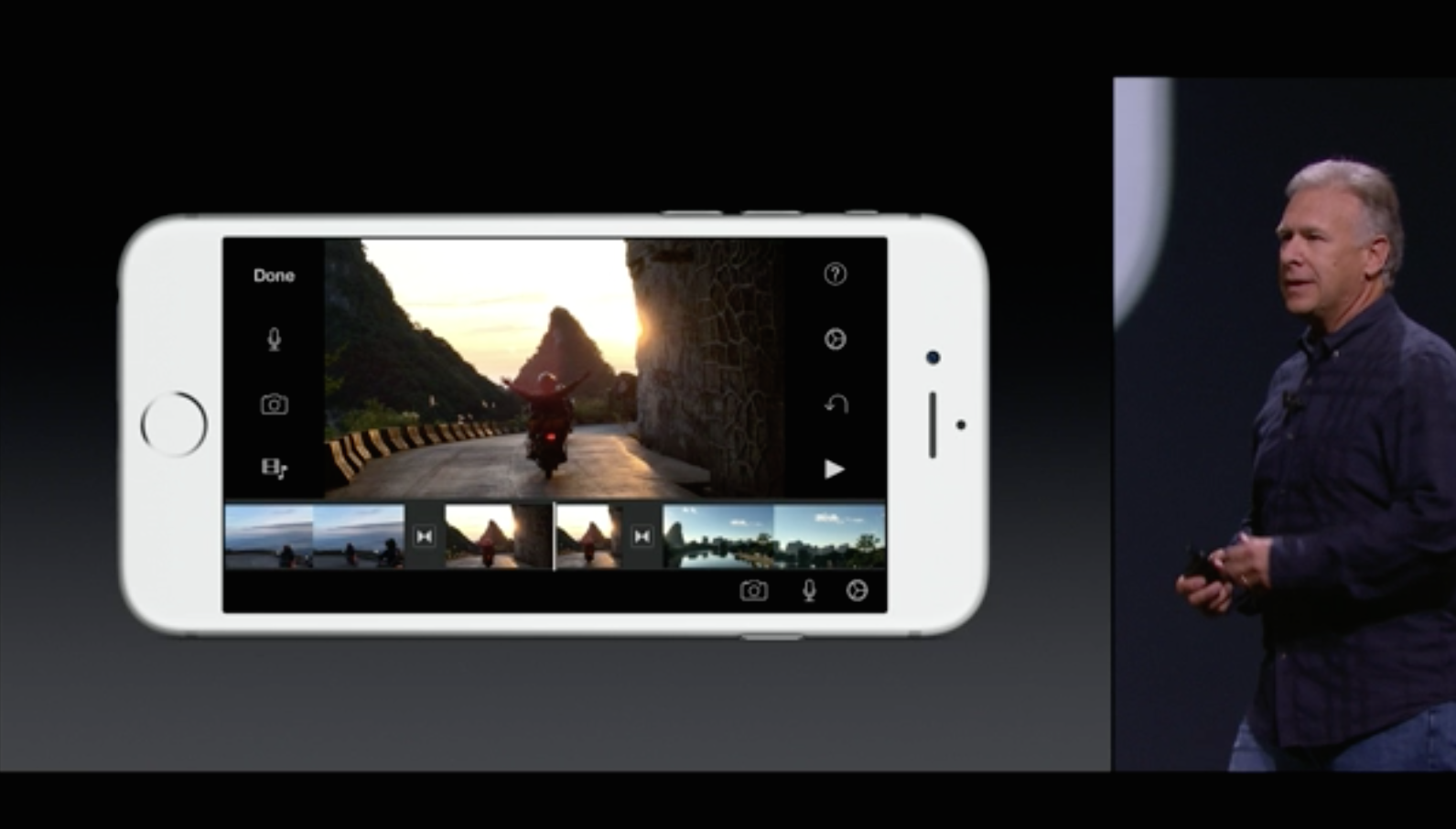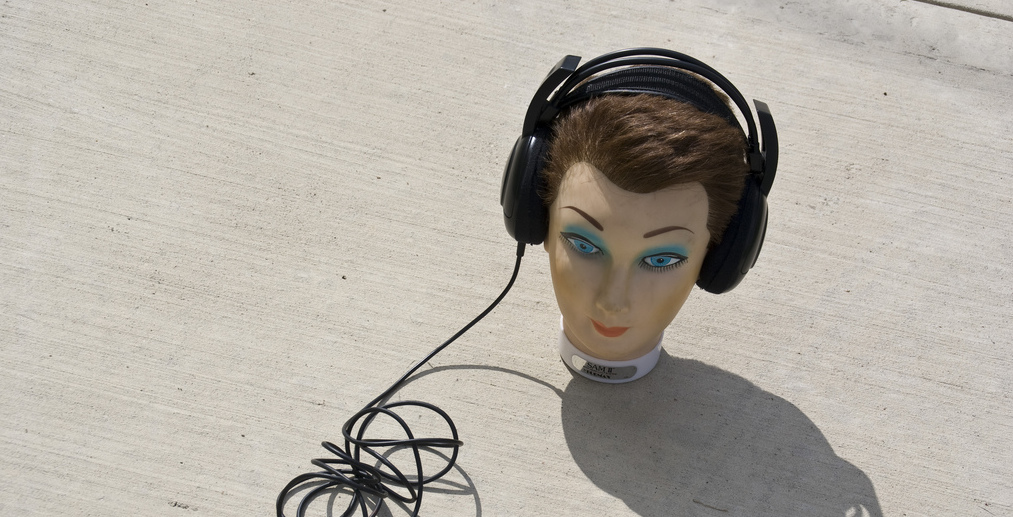The idea of recording audio and video shows and then posting them online seems rather common-sense, and thousands of people were doing it around the world long before anyone ever coined the term “podcast.” Yet that didn’t stop one company from demanding payment from broadcasters, claiming it holds the patent on the very concept of podcasting. Hopefully this particular piece of trolling has come to an end, with a federal appeals court affirming a previous decision that this patent was trying to protect an invention that already existed. [More]
eff

Digital Rights Advocates Sue Justice Dept. To Learn More About FBI Paying Off Best Buy Informants
A child pornography case in California has grown into a strange thing over the years, as lawyers for the defendant argued — and later proved — that the FBI had been paying Best Buy employees after they found illegal content on customers’ devices. Now the EFF is suing the Justice Department to find out just how the feds found, recruited, and trained these informants, and just how widespread the practice is. [More]

Your Kids’ School-Owned Devices Are Spying On Them, Report Finds
As adults, we all kind of have at least a vague peripheral sense that the devices and software we use are probably up to some kind of shenanigans with our personal data. Kids, however, are probably not thinking as closely about what they tell the devices they use, and what data those devices then share — especially if they’re school-owned tools. And yet, a new report finds, some of the learning technology schoolchildren are required to use every day are some of the worst when it comes to explaining and protecting users’ privacy. [More]

Should Anti-MLM Blogger Be Allowed To Remain Anonymous, Even After Losing In Court?
Four years ago, an anonymous former Amway marketer who operates a blog critical of multi-level marketing companies published in its entirety the text of a book published by a prominent figure in the MLM industry. The publisher of that book successfully sued this unnamed blogger for copyright infringement, but the court allowed the shroud of anonymity to stay in place. Now the publisher is calling on a federal appeals court to unmask the blogger, while free speech advocates argue that there is no need to know this person’s identity. [More]

Supreme Court Asks Feds To Chime In On Decade-Old “Dancing Baby” YouTube Case
A nearly decade-long copyright dispute over a silly YouTube video of a baby dancing to a barely audible Prince song continues, with the U.S. Supreme Court now asking for the federal government to give its thoughts on the matter. [More]

Should Police Need A Warrant To Obtain Your Cellphone Location Data?
On TV and in the movies, when the police want location information on a suspect’s cellphone, the world-weary detectives just mosey into the office of a wireless company and bully/sweet-talk the receptionist into handing over this information by saying things like “You don’t want us to have to wait here while we get a warrant, do you?” In the real world, it’s not that simple, and the question of whether or not an actual warrant is needed has yet to be resolved. [More]

23 Lawmakers Want To Know What DOJ Would Do With Expanded Hacking Authority
The U.S. Congress has a month to decide on what it should do about a pending rule change that would arguably grant federal law enforcement agencies more authority to remotely hack into computers. Congress can let this amended rule go into effect by doing nothing, so before they let their idleness get the better of them, a group of nearly two-dozen members of the House and Senate are now pushing the Justice Department for more details. [More]

“Dancing Baby” YouTube Lawsuit May Go Before Supreme Court
The nearly decade-long legal battle over a 29-second YouTube clip of a toddler dancing to a barely discernible Prince song may end up going before the Supreme Court after free speech advocates representing the mother who shot that video petitioned the nation’s highest court. [More]

Lawsuit Seeks To Overturn Controversial Copyright Law Provisions
For nearly two decades, provisions in the Digital Millennium Copyright Act have made it illegal in many cases for people to circumvent copyright protections on things like CDs, DVDs, e-books, and MP3s, even when the intended use of this data may be protected by law. A new lawsuit filed today by the Electronic Frontier Foundation argues that these aspects of the DMCA don’t stand up to legal scrutiny. [More]

Is The “Sharing Economy” Sharing Your Data With Law Enforcement?
Airbnb and VRBO are shaking up the hospitality industry by letting anyone with a spare room become an innkeeper. Uber and Lyft are disrupting the for-hire car market by letting you turn your car into a taxi. While these new platforms might be opening up the so-called “sharing” economy, some of them may also be a bit too willing to share user data with law enforcement. [More]

From “Yay” To “Boo” To “Shrug,” Here’s What Everyone Had To Say About FCC’s Set-Top Box Proposal
When the FCC voted in February to consider new rules for your cable box, that kicked off a multi-month cycle of public comments, where anyone and everyone can have their say. The deadline for the first round struck at midnight Friday, which means most of the comments are just rolling onto the internet for all and sundry to have a look at. [More]

Did U.S. Use Secret Court To Force Tech Companies To Weaken Encryption?
Legislators in D.C. are currently considering a law that would compel tech companies to have weak device and software encryption so that law enforcement can snoop when necessary, while federal prosecutors have repeatedly used a 227-year-old law to try to force Apple and Google to work around existing security on their products. A new lawsuit seeks to find out if the government has also been using a highly secretive court to force tech companies to assist in breaking their own encryption. [More]

4 Things You Need To Know About New Bill Requiring Weak Encryption On Devices
A week after it was first reported that Senators Dianne Feinstein (CA) and Richard Burr (NC) were prepping a bipartisan bill that would compel tech companies to build their devices and software with weakened encryption or built-in backdoors for law enforcement, the actual bill has been introduced. Here’s what you need to know about why consumer and privacy advocates are concerned.
[More]

Company Claiming Patent On Online Voting Ordered To Pay Legal Fees After Suing Hobbyist Photo Site
Last year, a small hobbyist photo-sharing website decided to fight back against a lawsuit alleging that it infringed on a bizarre patent covering virtually the entire concept of online voting. The patent-holder plaintiff subsequently dropped the case after a heavy-hitting advocacy organization got involved, but the court has ordered the plaintiff to fork over thousands of dollars in legal fees for its “unreasonable” conduct. [More]

Dozens Of Tech Experts Ask Court To Not Force Apple To Unlock iPhone
The day after Apple filed its formal objection to a Feb. 16 court order compelling the company to assist the FBI in unlocking an iPhone that belonged to one of the terrorists who killed 14 people last December in California, a group of nearly four dozen tech industry experts have asked the court to rethink its decision. [More]

T-Mobile CEO John Legere Sorry For Cursing Out Critics On Twitter
Last week, T-Mobile CEO John Legere went on Twitter to post video responses to questions about his company’s Binge On program. While the rabble-rousing exec is often applauded for his plainspoken demeanor, he was roundly criticized for cursing out one pro-consumer group that has been critical of his company. After a few days to think about it, Legere is now apologizing. [More]

T-Mobile CEO John Legere To Critics Of Binge On: “Who The F**k Are You?”
Earlier today, I predicted that there would be further slinging of words between T-Mobile and critics of its Binge On video streaming program. What I didn’t know at the time was that T-Mo CEO John Legere would go on Twitter to respond to, and profanely insult, those critics. [More]



